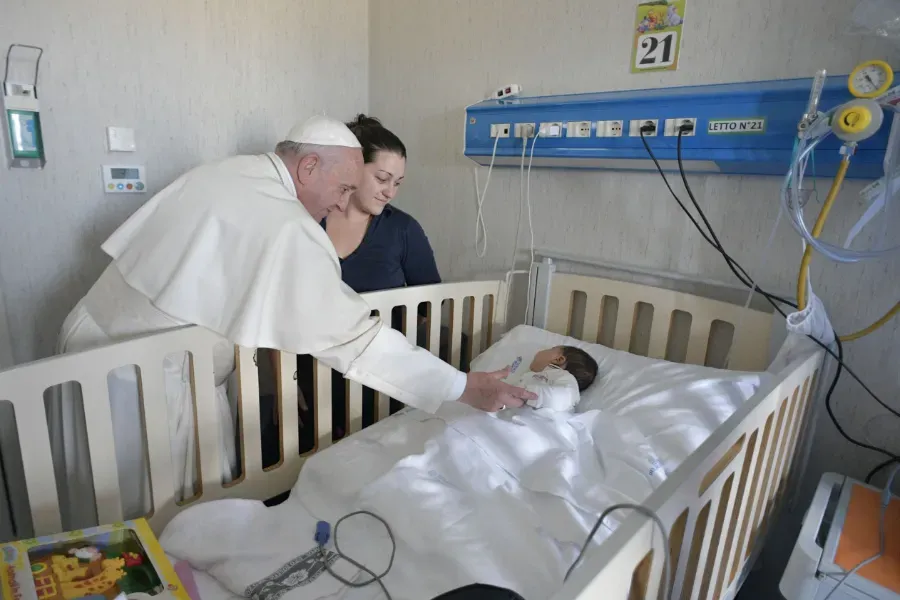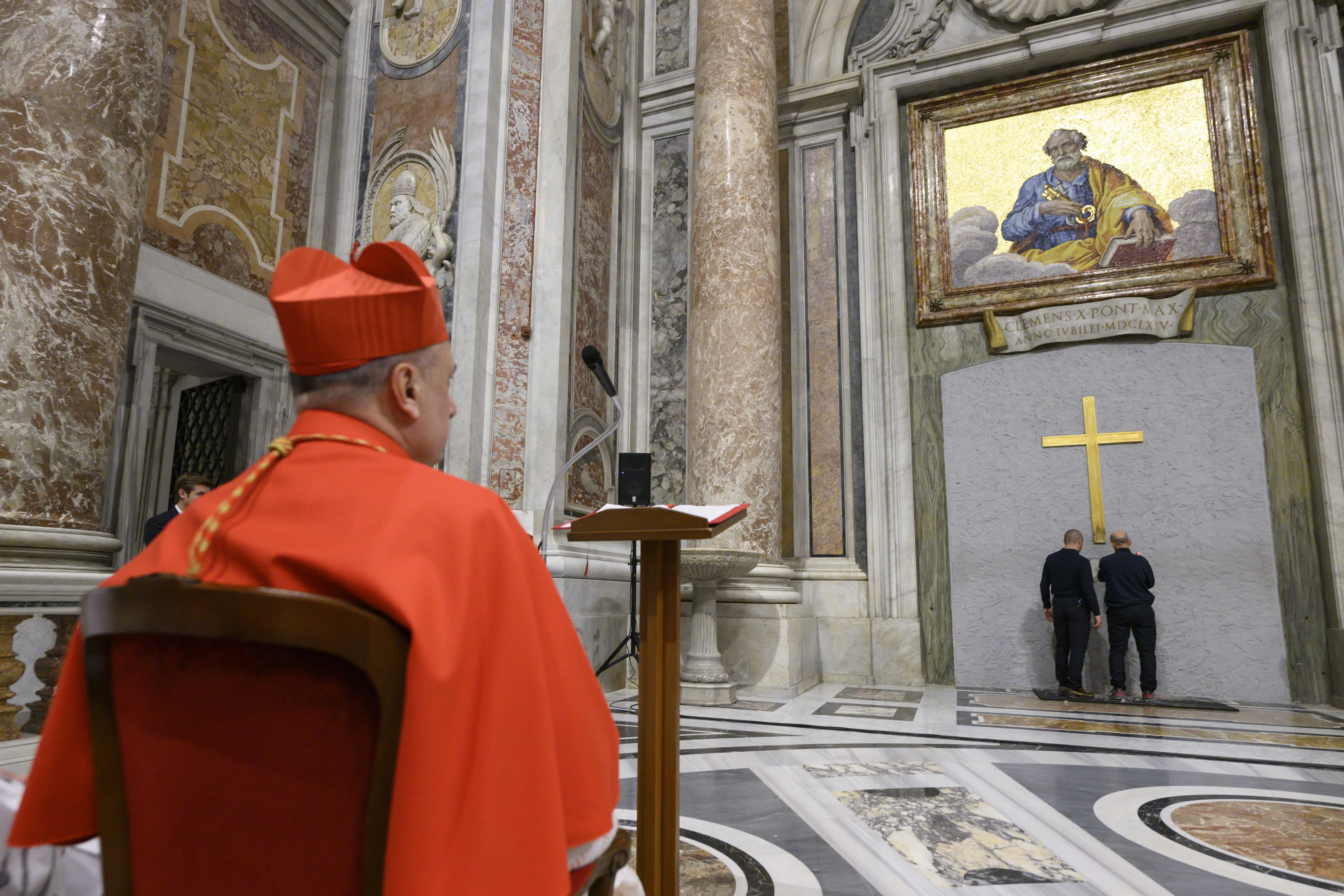“When we are ill, fear and even bewilderment can grip our minds and hearts; we find ourselves powerless, since our health does not depend on our abilities or life’s incessant worries.”
“Sickness raises the question of life’s meaning, which we bring before God in faith. In seeking a new and deeper direction in our lives, we may not find an immediate answer. Nor are our relatives and friends always able to help us in this demanding quest.”
The pope offered the example of the biblical figure of Job, who faced the incomprehension of those around him as he struggled with a series of calamities.
Francis stressed that Job’s agony was “not a punishment or a state of separation from God,” noting that God finally answered Job’s cries and allowed him “to glimpse a new horizon.”
The pope underlined the importance of the “relational aspect” of care for the sick.
(Story continues below)
“Emphasizing this aspect can help doctors, nurses, professionals and volunteers to feel responsible for accompanying patients on a path of healing grounded in a trusting interpersonal relationship,” he wrote.
“This creates a covenant between those in need of care and those who provide that care, a covenant based on mutual trust and respect, openness and availability.”
“This will help to overcome defensive attitudes, respect the dignity of the sick, safeguard the professionalism of healthcare workers and foster a good relationship with the families of patients.”
He said that this relationship between carer and patient can be sustained by the “charity of Christ,” pointing to “the witness of those men and women who down the millennia have grown in holiness through service to the infirm.”
“For the mystery of Christ’s death and resurrection is the source of the love capable of giving full meaning to the experience of patients and caregivers alike,” the pope said.
“The Gospel frequently makes this clear by showing that Jesus heals not by magic but as the result of an encounter, an interpersonal relationship, in which God’s gift finds a response in the faith of those who accept it. As Jesus often repeats: ‘Your faith has saved you.’”
He underlined that caring for the sick is a way of honoring Jesus’ commandment of love given to his disciples.
“A society is all the more human to the degree that it cares effectively for its most frail and suffering members, in a spirit of fraternal love. Let us strive to achieve this goal, so that no one will feel alone, excluded or abandoned,” he urged.
The pope concluded his message by entrusting the sick and their carers to Mary, Mother of Mercy and Health of the Infirm.
“From the Grotto of Lourdes and her many other shrines throughout the world, may she sustain our faith and hope, and help us care for one another with fraternal love,” he wrote.







